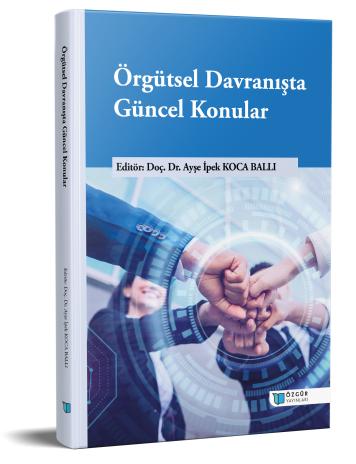
İşletme Hastalıkları Bağlamında: Örgütsel Körlük (Miyopi) ve Silo Sendromu
Şu kitabın bölümü:
Koca Ballı,
A.
İ.
(ed.)
2024.
Örgütsel Davranışta Güncel Konular.
Özet
Örgütsel körlük (miyopi) ve silo sendromu organizasyonların yaşadıkları hastalıklar içerisinde en önemlileri olabilir. Örgütsel körlük, işletmelerin değişim ihtiyaçlarına karşı duyarsızlaşmasına ve yeniliklere kapalı kalmasına neden olurken, silo sendromu departmanlar arası işbirliğini engelleyerek işletmenin genel hedeflerine ulaşmasını zorlaştırır. Bu iki hastalık, işletmelerin dış çevredeki fırsat ve tehditleri fark edememelerine, iç süreçlerde ise koordinasyon eksikliğiyle verim kayıplarına yol açar. Bu sendromlar, kısa vadede dikkate alınmazsa uzun vadede kronikleşerek, işletmenin hem iç işleyişini hem de müşteri memnuniyetini olumsuz etkileyebilir. Örgütsel körlükten korunmak için iç ve dış denetim mekanizmaları etkinleştirilmeli, stratejik zekâ ve yenilikçi bakış açısı teşvik edilmelidir. Silo sendromunu aşmak içinse iletişim ve işbirliği kültürü güçlendirilerek departmanlar arası koordinasyon sağlanmalıdır. Bu stratejik yaklaşımlar, işletmelerin daha sağlıklı ve rekabetçi bir yapıya kavuşmasına katkı sağlayabilir. Örgütsel körlük ve silo sendromu, modern işletmelerin sürdürülebilir başarısı için dikkatle ele alınması gereken örgütsel patolojilerdir. Bu hastalıkları erken teşhis etmek ve önleyici stratejiler geliştirmek, işletmelerin uzun vadede ayakta kalabilmesi ve rekabet gücünü artırması açısından büyük önem taşır.

